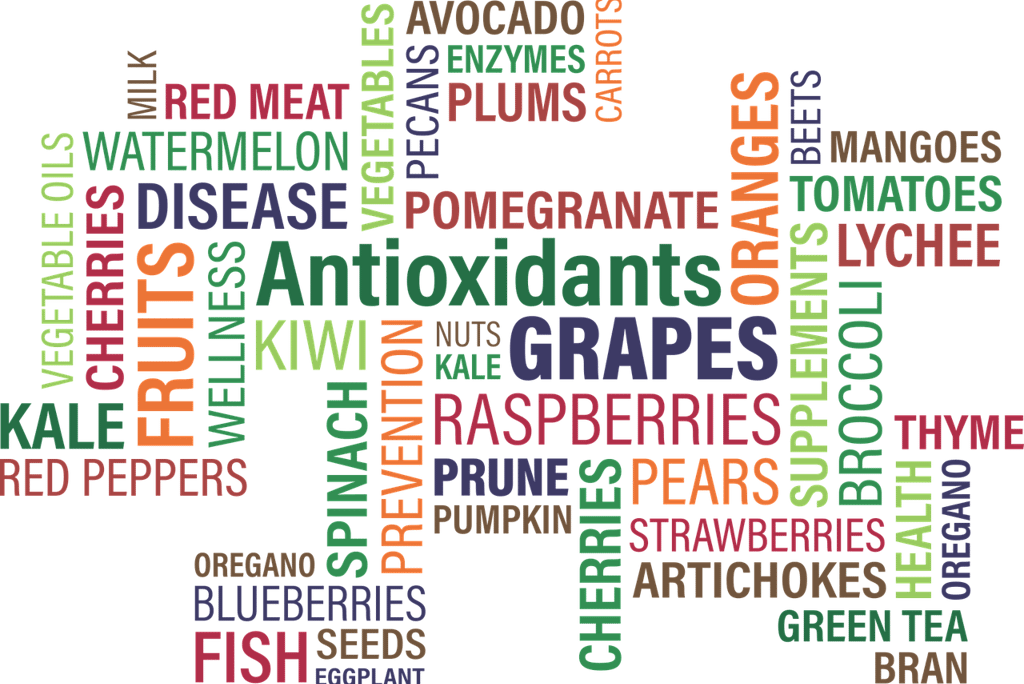
Essential Vitamins for Balancing Hormones Naturally
Hormonal imbalances can wreak havoc on our physical and emotional well-being. Whether it's symptoms of PMS, irregular periods, mood swings, or fertility challenges, restoring hormonal balance is crucial for optimal health and vitality. While seeking medical advice is crucial for severe cases, incorporating certain vitamins into your daily routine can be a natural and effective way to support hormone balance. Let's explore the role of vitamins in managing hormonal imbalance and how they can contribute to overall well-being.
Dr. Bhaskar Gawande
4 min read


Hormones are chemical messengers produced by the endocrine glands in our body. Each hormone is released by a specific gland and has its own distinct effects on various physiological processes. Here are some examples of hormones, their related glands, and their effects:
Insulin: Produced by the pancreas, insulin plays a key role in regulating blood sugar levels by facilitating the uptake of glucose into cells for energy.
Thyroxine (T4) and Triiodothyronine (T3): Produced by the thyroid gland, these hormones regulate metabolism, growth, and development
Adrenaline (Epinephrine): Produced by the adrenal glands, adrenaline helps prepare the body for the "fight-or-flight" response during stressful situations. It increases heart rate, elevates blood pressure, and boosts energy levels.
Growth Hormone: Produced by the pituitary gland, growth hormone promotes growth, development, and repair of body tissues. It stimulates protein production and influences fat distribution.
Estrogen and Progesterone: Produced by the ovaries in women (and to a lesser extent by the adrenal glands), estrogen and progesterone regulate the menstrual cycle and contribute to female sexual development and reproductive functions.
Testosterone: Produced by the testes in men (and to a lesser extent by the adrenal glands), testosterone is responsible for male sexual development, fertility, muscle mass, and bone density.
These are just a few examples and there are many other hormones and their effects within the body. Each hormone plays a unique role in maintaining homeostasis and coordinating various physiological processes.


Understanding Hormonal Imbalance
Hormones act as chemical messengers in the body, regulating numerous processes such as metabolism, mood, reproductive health, and sleep. When hormone levels fluctuate beyond their normal range, it can lead to various symptoms, including:
Irregular menstrual cycles
Mood swings
Fatigue
Weight gain or loss
Skin issues
Reduced libido
Insomnia
While hormonal imbalances can stem from various factors like stress, diet, and medical conditions, incorporating certain vitamins into your daily regimen can help restore equilibrium.


The Role of Vitamins in Hormone Balance
Vitamin D:
Often referred to as the "sunshine vitamin," adequate levels of vitamin D are crucial for hormonal health. Research suggests that vitamin D plays a role in regulating insulin secretion, supporting thyroid function, and maintaining reproductive health. Spending time outdoors and consuming vitamin D-rich foods like fatty fish, eggs, and fortified dairy products can help maintain optimal levels.
Vitamin B6:
Vitamin B6 is involved in the synthesis of neurotransmitters like serotonin and dopamine, which regulate mood and stress response. Additionally, it aids in the production of steroid hormones such as estrogen and progesterone. Foods rich in vitamin B6 include poultry, fish, nuts, seeds, and whole grains.
Vitamin E:
As a powerful antioxidant, vitamin E helps neutralize free radicals and reduce oxidative stress in the body. Studies suggest that vitamin E may support hormonal balance by modulating the activity of certain enzymes involved in hormone metabolism. Incorporate foods like almonds, sunflower seeds, spinach, and avocado to boost your vitamin E intake.
Vitamin C:
Known for its immune-boosting properties, vitamin C also plays a role in hormone synthesis and regulation. It supports adrenal gland function, which is crucial for managing stress and maintaining hormonal balance. Citrus fruits, bell peppers, strawberries, and broccoli are excellent sources of vitamin C.
Vitamin A:
Essential for reproductive health, vitamin A supports the production of sex hormones and helps regulate the menstrual cycle. It also promotes healthy skin and vision. Incorporate foods rich in vitamin A such as carrots, sweet potatoes, spinach, and liver into your diet.
Supplementing Wisely
While obtaining vitamins from whole foods is ideal, some individuals may benefit from supplementation, especially if they have specific dietary restrictions or nutrient deficiencies. However, it's essential to consult with a healthcare professional before starting any new supplement regimen, as excessive intake of certain vitamins can have adverse effects.
Conclusion
Achieving hormonal balance is a multifaceted journey that involves nourishing your body with the right nutrients, managing stress levels, prioritizing sleep, and adopting a healthy lifestyle. While vitamins alone may not be a panacea for hormonal imbalances, they can certainly play a supportive role in conjunction with other holistic approaches. By incorporating nutrient-rich foods and consulting with healthcare professionals, you can take proactive steps towards restoring harmony to your hormones and optimizing your overall well-being. Remember, small changes can lead to significant improvements over time, so prioritize self-care and listen to your body's needs on this transformative journey.
Frequently asked questions
What are essential vitamins?
Essential vitamins are organic compounds that our bodies need in small amounts to function properly. They play crucial roles in various bodily functions, such as metabolism, immunity, and overall health.
How many essential vitamins are there?
There are 13 essential vitamins classified into two groups: fat-soluble vitamins (A, D, E, and K) and water-soluble vitamins (B vitamins and vitamin C).
What foods contain essential vitamins?
Essential vitamins are found in a wide range of foods. For example Vitamin A is present in foods like carrots, sweet potatoes, and leafy greens, while vitamin C abounds in citrus fruits, berries, and bell peppers. Fatty fish like salmon and mackerel are rich in vitamin D, and nuts and seeds provide vitamin E.
Can I get all my essential vitamins from food alone?
While it's possible to get most essential vitamins from a balanced diet, some people may require supplementation, especially if they have certain dietary restrictions, medical conditions, or live in areas with limited sunlight exposure (for vitamin D synthesis).
What are the consequences of vitamin deficiencies?
Vitamin deficiencies can lead to various health problems. For instance, vitamin D deficiency may result in weakened bones (osteoporosis), while vitamin C deficiency can cause scurvy, characterized by fatigue, swollen gums, and skin discoloration. Each vitamin deficiency has its own set of symptoms and health implication
Should I take a multivitamin supplement?
Whether or not you should take a multivitamin supplement depends on your individual dietary habits, health status, and lifestyle factors. While multivitamins can be beneficial for some people, they are not a substitute for a balanced diet. It's best to focus on obtaining essential vitamins from whole foods whenever possible.
